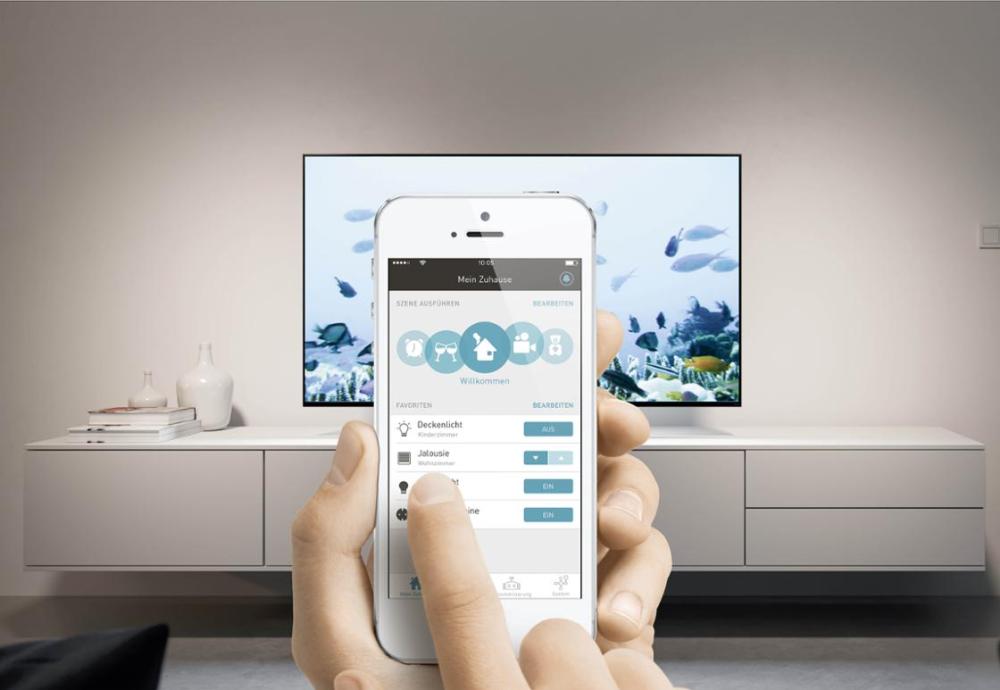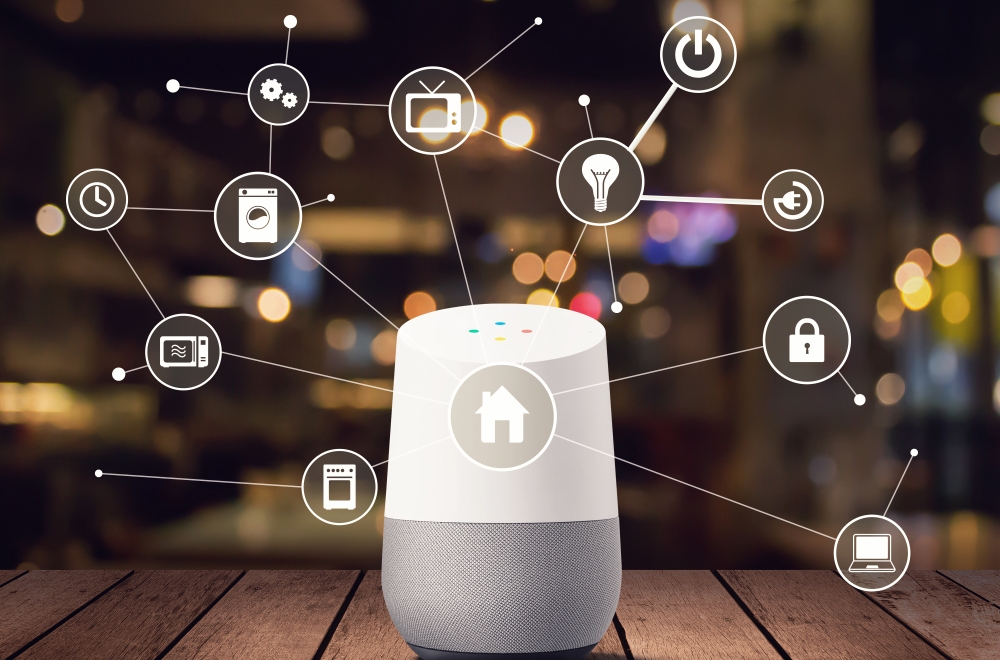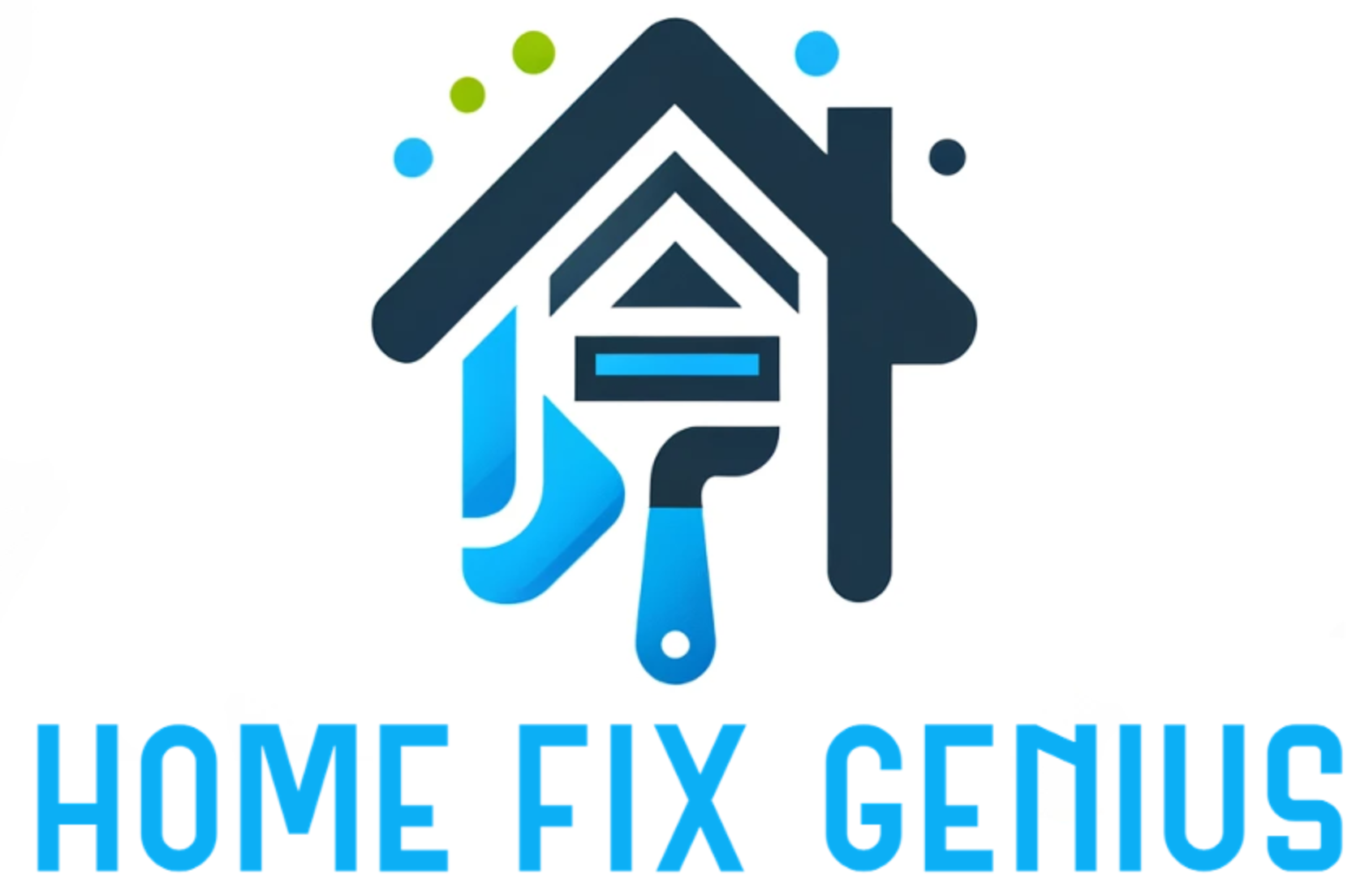
In the fast-paced realm of modern technology, the notion of a “smart home” has morphed from an abstract concept to a tangible reality. By seamlessly integrating state-of-the-art devices and advanced systems, homeowners now possess the ability to revolutionize their living spaces in unprecedented ways. Let’s delve into the transformative power of intelligent home technology.
Decoding Smart Home Technology
Intelligent home technology encompasses an array of interconnected devices and systems designed to be remotely controlled or automated. These devices leverage sensors, internet connectivity, and artificial intelligence to provide users with unparalleled convenience, efficiency, and security.
How Intelligent Home Technology Operates
At the heart of smart home technology lies connectivity. Devices such as smart thermostats, lighting systems, security cameras, and appliances are endowed with sensors and communication capabilities, enabling interaction with one another and users via a central hub or smartphone app. This connectivity empowers users to monitor and manage various aspects of their home environment from any location with an internet connection.
Advantages of Intelligent Home Technology
Convenience: Effortlessly control lighting, temperature, security, and entertainment systems with a mere touch or voice command, saving time and energy.
- Energy Efficiency: Optimize energy consumption by adjusting settings based on occupancy, time of day, and user preferences, resulting in reduced utility bills and environmental impact.
- Enhanced Security: Monitor your home remotely with high-definition cameras, motion sensors, and two-way audio capabilities, receiving instant alerts and access to live video feeds during potential security breaches or emergencies.
- Customization: Tailor your home setup to match your lifestyle and preferences by scheduling automated routines, creating personalized settings, and integrating third-party devices and services.
- Accessibility: Intelligent home technology enhances accessibility and independence, especially for individuals with mobility challenges or disabilities, through features like voice control and remote monitoring.
Popular Intelligent Home Devices
- Smart Thermostats: Control your home’s temperature remotely and establish heating and cooling schedules for enhanced comfort and energy savings.
- Smart Lighting: Manage your lights from anywhere, set schedules, and adjust color and intensity to suit different occasions or activities, enhancing ambiance and efficiency.
- Smart Security Cameras: Safeguard your home with advanced cameras, motion detection, and two-way audio capabilities, serving as a deterrent to intruders and providing peace of mind.
- Smart Locks: Secure your home with keyless entry, remote locking and unlocking, and personalized access codes for family members and guests, enhancing convenience and security.
- Smart Speakers and Virtual Assistants: Harness voice commands to control various devices, play music, receive weather updates, and more, simplifying daily tasks and improving accessibility.
Integration and Compatibility
Most intelligent home devices seamlessly integrate with popular voice assistants and home automation platforms like Amazon Alexa, Google Assistant, and Apple HomeKit. This ensures a smooth integration and control of multiple devices within a unified ecosystem, providing a cohesive and user-friendly intelligent home experience.
Future Trends in Intelligent Home Technology
As technology continues to evolve, we anticipate further advancements in intelligent home technology, including enhanced connectivity, artificial intelligence capabilities, and the integration of emerging technologies such as augmented reality and the Internet of Things (IoT). These developments will expand the possibilities for creating intelligent and interconnected home environments.
In Conclusion
Smart home technology presents boundless opportunities to transform your living space into a modern, efficient, and secure environment. By leveraging automation, connectivity, and innovation, homeowners can enjoy unprecedented convenience, energy savings, and peace of mind. Whether you’re seeking to bolster home security, streamline daily routines, or embrace technological advancements, investing in intelligent home devices promises to elevate your living experience.

Frequently Asked Questions (FAQs)
Are intelligent home devices challenging to install and set up?
Installing and setting up intelligent home devices have become increasingly user-friendly over time. Manufacturers understand the importance of providing simple installation processes to appeal to a broader audience. Many devices come with step-by-step guides and intuitive interfaces to assist users in the setup process. Additionally, manufacturers often offer customer support services to address any issues that may arise during installation.
Do intelligent home devices necessitate a Wi-Fi connection?
Yes, the majority of intelligent home devices rely on Wi-Fi connectivity to function effectively. Wi-Fi enables seamless communication between devices and allows users to control them remotely via smartphone apps or voice assistants. Without a stable Wi-Fi connection, the functionality of these devices may be limited or non-existent. It’s essential to ensure a reliable internet connection is available before investing in intelligent home technology.
Are intelligent home devices safeguarded against hacking or cyber threats?
Ensuring the security of intelligent home devices is a top priority for manufacturers. They implement various security measures, including encryption protocols, regular software updates, and two-factor authentication, to protect against hacking and cyber threats. Additionally, reputable manufacturers conduct rigorous testing to identify and address vulnerabilities before products are released to the market. However, users also play a crucial role in maintaining security by using strong, unique passwords and keeping their devices’ firmware up to date.
Can intelligent home devices be integrated with existing home systems?
Yes, one of the key advantages of intelligent home technology is its compatibility with existing home systems. Many manufacturers design their devices to work seamlessly with popular home automation protocols and standards, such as Zigbee or Z-Wave, allowing for easy integration with a wide range of devices. Additionally, some intelligent home hubs offer compatibility with third-party devices, enabling users to create comprehensive home automation setups tailored to their specific needs. Before purchasing, it’s advisable to check compatibility to ensure smooth integration with existing systems.
Do intelligent home devices require ongoing maintenance or support?
While intelligent home devices typically require minimal maintenance, occasional updates and troubleshooting may be necessary to ensure optimal performance. Manufacturers often release firmware updates to address security vulnerabilities, improve functionality, and introduce new features. These updates can usually be downloaded and installed automatically through the device’s app or hub. In the event of technical issues or questions, manufacturers typically offer customer support services, including online resources, FAQs, and live chat support, to assist users in resolving problems efficiently. Regularly checking for updates and staying informed about best practices for device maintenance can help ensure a seamless and reliable intelligent home experience.
